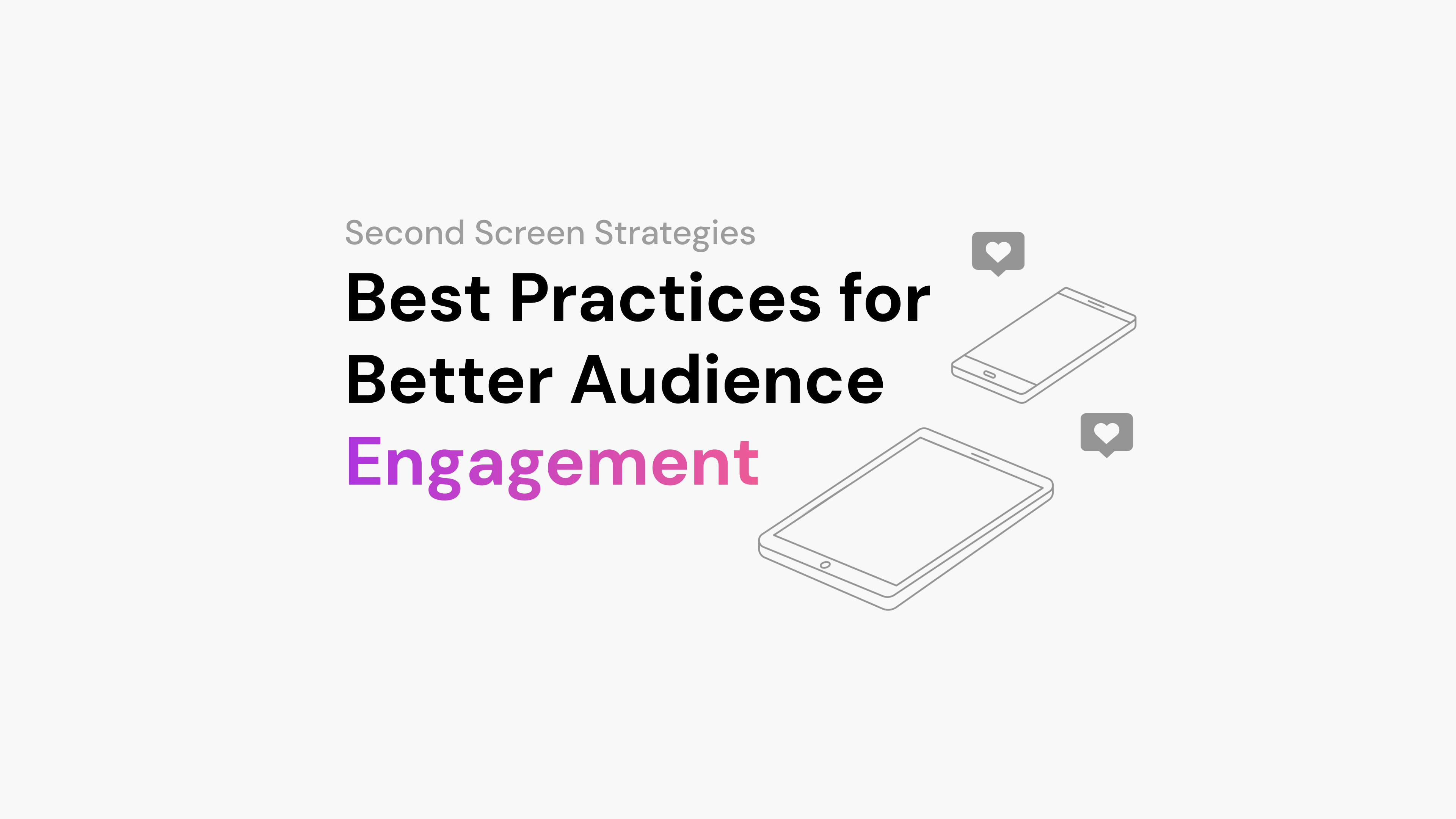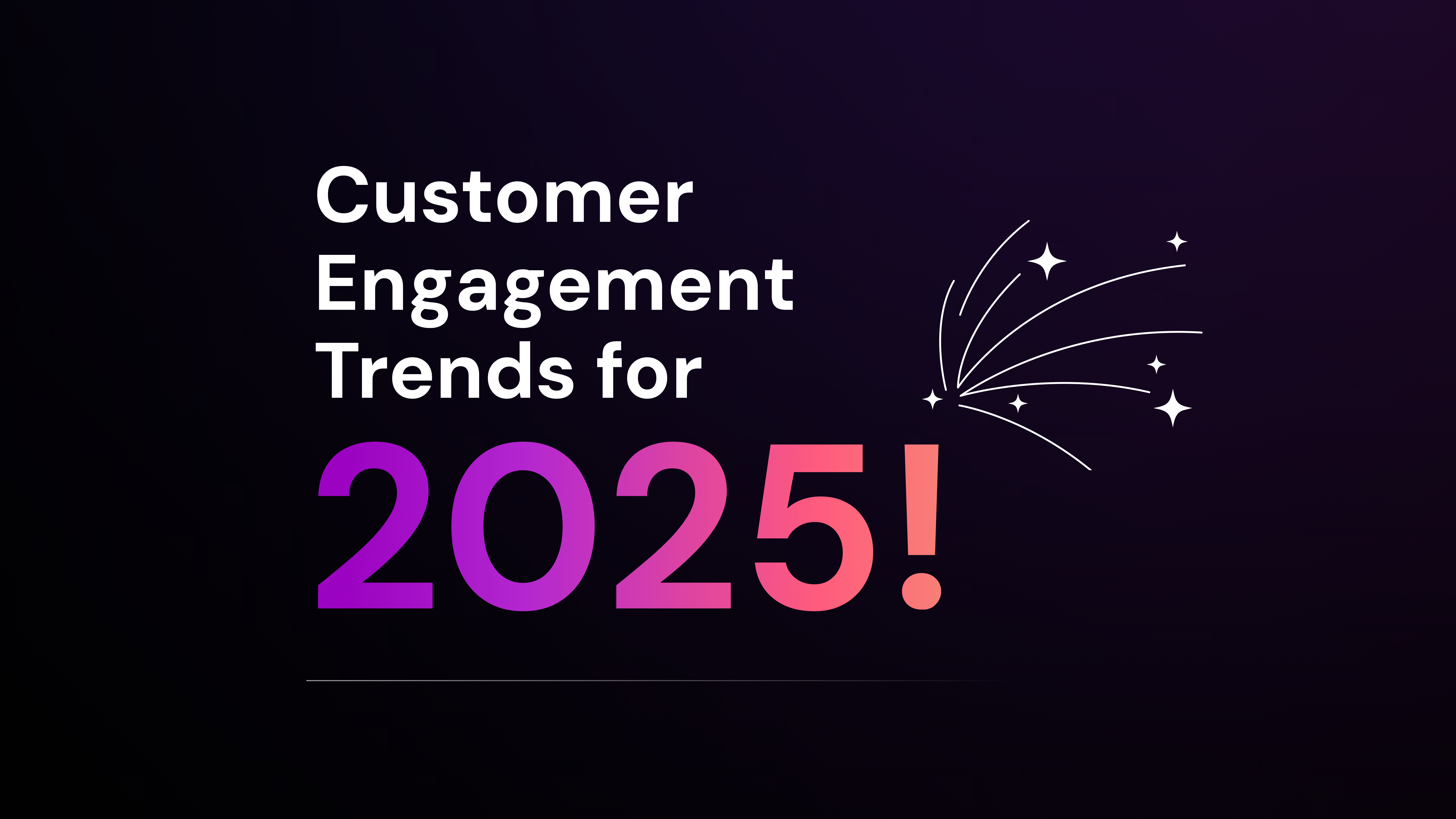

Remember when Facebook kicked Australian publishers off the platform in 2021? That could happen to news publishers in the US if the proposed legislation becomes law. Legal experts are still debating the impact of the bill. Some say it may help publishers, while others see it as a threat.
Whether the legislation helps or hurts your business, we can say one thing for certain. Building a direct relationship with your audience with first-party data remains a critically important hedge against uncertainty. We’ll unpack the key developments regarding The Journalism Competition and Preservation Act and then share five strategies you can use to grow no matter what happens with this legislation.

The proposed legislation – the Journalism Competition and Preservation Act of 2022 (JCPA) – is currently being considered by the U.S. Congress. The legislation is similar in spirit and objectives to the Australian legislation that prompted Facebook’s displeasure in 2021 and is currently in the news after being attached to a “must pass” defense funding bill on Dec 5th. Adding the Journalism Competition and Preservation Act to the defense bill would make the bill challenging to a Presidential veto.
One organization suggesting the JCPA could be a boon is the News Media Alliance, an industry group that includes over 1000 news publishers. In a recent blog post, the Alliance stated that “the Australian law resulted in countless jobs for local journalists and $140 million to news outlets, which translates to billions in the U.S.” That sounds good. But other sources, like The Hill, argue the bill is dangerous to journalism and a gift to extremist media groups who could exploit loopholes to force the promotion of misinformation and conspiracy theories.
The Journalism Competition and Preservation Act of 2022: The Key Points
In spirit, the JCPA is similar to Australia’s proposed legislation in 2021. It seeks to redefine the relationship between news publishers and online platforms. Depending on your interests, the bill is a boon or curse.
The key provisions of the bill include the following:

1,500 Employee Limit To Benefit Creates Winners and Losers
The bill focuses on benefiting “digital journalism providers” with less than 1500 full-time employees. Larger media brands like ABC News (8000+ employees) or FOX News (2800+ employees) are unlikely to be affected.
However, many smaller news organizations like the Miami Herald (700+ employees), Sports Illustrated (600+ employees), and WIRED (500+ employees) will be directly targeted by this new legislation.
Requires Large Digital Platforms To Negotiate With Digital Journalism Platforms
On the other side of the equation, the bill requires “covered platforms” to negotiate with news publishers. This requirement applies to platforms operating at scale with 50 million monthly active US users, 1 billion global platforms, or annual revenue (or market capitalization) of $550 million.
In brief, these rules apply to companies like Google, Meta Platforms (i.e., Facebook and Instagram), Reddit, Twitter, Yahoo, and many others. This bill would impose potentially significant costs on these companies, even as many are already struggling to maintain advertising revenue.
Publisher Deals May Be Mandatory
The bill goes beyond requiring publishers and Big Tech to come to the negotiating table. According to Senator Amy Klobuchar, Chairwoman of the Senate Judiciary Subcommittee on Competition Policy, Antitrust and Consumer Rights, “[the bill empowers] news publishers to demand final-offer arbitration if their joint negotiation with a covered platform fails to result in an agreement after six months.”
Journalism Competition and Preservation Act Expiration
As a safeguard, the bill is set to expire within six years. If it becomes law and news publishers start to count on this revenue, there is likely significant pressure to renew the bill.
Don’t Wait For The Journalism Competition and Preservation Act Get Your First Party Audience Strategy Moving Now
While potentially game changing, it’s too early to tell for sure if the bill will help or hurt individual publishers. Even if the bill becomes law tomorrow, negotiations (or arbitration) is likely to take months. That gives you time to develop and execute your first party audience growth strategy now.
First party data comes from a direct connection with your audience. Instead of anonymous website browsers – or borrowing audiences from social media platforms – rich first party data means publishers can truly understand what their audience wants and market to them accordingly.
Strategy 1: Convert Free Users To Paying Subscribers With A Metered Stop Rate
Many publishers allow website users to view a certain number of articles or media for free. The meter stop rate measures what percentage of website users exhaust their quota of free content. Once you know this metric, track how many users convert to paying subscriptions (i.e. the paid stop conversion rate).
Continuing to offer some of your content for free remains a meaningful way to generate interest in your publication. Keep experimenting to see which content attracts public attention vs which to keep behind the paywall.
For example, look at using user-generated content to grow your audience. Working with influencers, or hosting exclusive Ask Me Anything (AMA) with affiliated personalities, is a powerful way to bring in clicks. As your audience sees value in your content, they’ll be more likely to pay for ongoing access to your premium content.
Strategy 2: Get A Mobile App
Building a mobile app experience for your content is critical. As of Q2 2022, 59% of all Internet traffic came from mobile devices. With a robust mobile experience, you’re missing out on a considerable portion of your potential audience.
Now, you might be thinking that creating a mobile app is expensive. Hiring a full time developer may not make sense if economic uncertainty is already weighing on you.
A new generation of low code and no code solutions are making it easier than ever to create mobile apps. Consider trying GoNative.io or Strapi.io. By removing (most) coding from the equation, these services mean you can create a mobile app quickly with minimal, to no engineering resources.
Strategy 3: Offer Exclusive Events For Your Audience
What if your audience was eager and excited to visit your website daily? That’s far better than relying on a tense negotiation with a Big Tech company. Organizing virtual events is one of the best ways to bring in your audience.
Planning your a virtual event doesn’t have to be overwhelming either. Use our virtual events checklist to plan your online event.
Strategy 4: Add Community Chat To Your Website
What if you had a way to encourage your users to spend 20 minutes, 30 or even an hour on your website? You can achieve high levels of engagement with a single platform: live chat. If you haven’t considered live chat before, here’s one good reason why you should: it’s the most popular engagement experience across all social media. YouTube, TikTok, Instagram: they all use Live Chat – with reactions, gifs, etc – to keep their audience engaged for an average of 30 min / day / platform.
By adding Arena Live Chat to your website, you’ll empower your audience to ask questions, and engage with each other. Are you worried about inappropriate content? Arena has you covered with a full suite of moderation tools so you can offer brand safe experiences to advertisers.
Strategy 5: Add A Live Blog To Your Website
When a breaking news story hits, it’s a significant opportunity to build audience engagement. Consider election news. There are exit polls, administrative developments, and other developments to cover. Publishing a full feature story on these micro-developments may not make sense. You need a way to publish quick updates.
By adding Arena Live Blog to your website, you can quickly publish breaking news style updates as often as you want filtered by accounts, hashtags, and audience size, and more to ensure only relevant content is pulled in. You can also use two filtering criteria (e.g. tweets using a certain hashtag from accounts with over 1 million followers). We’ve found that follower size filter, combined with a hashtag for relevance, helps to surface interesting brand safe content.
Like a social media content feed, Live Blog includes comments & reactions to keep your audience engaged. To ease the workload on your team, you can invite a few influencers to contribute posts to your live blog.
Discover Arena’s Solutions For Publishers
The jury is still out on whether The Journalism Competition and Preservation Act will enhance or damage publishers. Even in the best-case scenario, additional revenue from the act may well be years away. In any case, the value of building a direct connection with your audience remains vital.
Use the strategies outlined here to build your audience. Discover more about Arena solutions for publishers and start growing your digital audience today.



